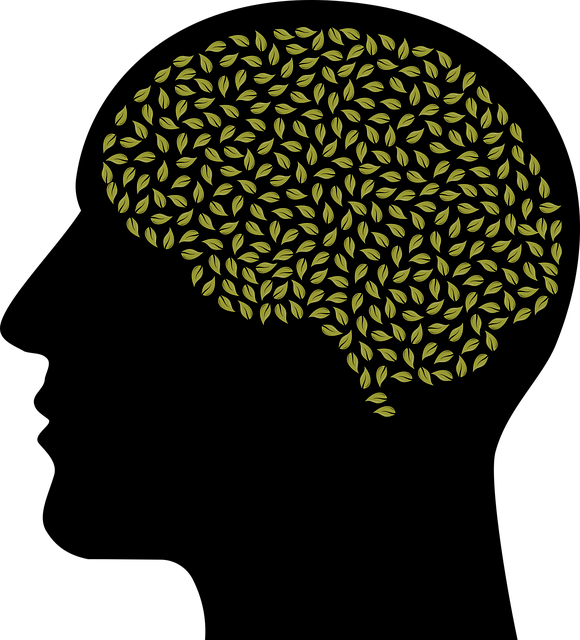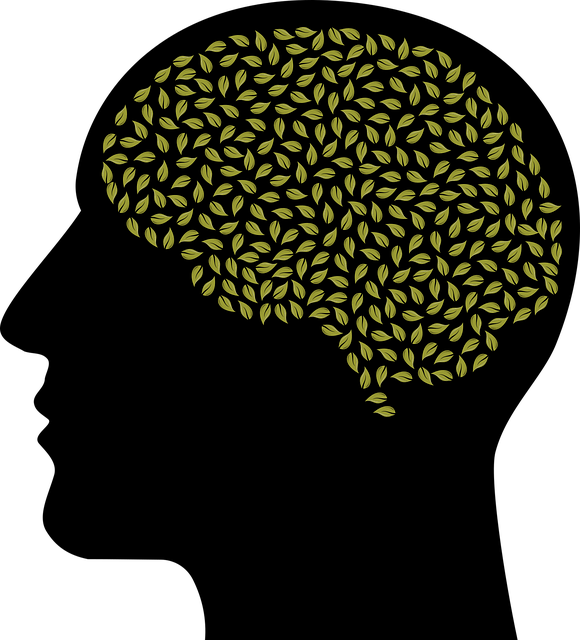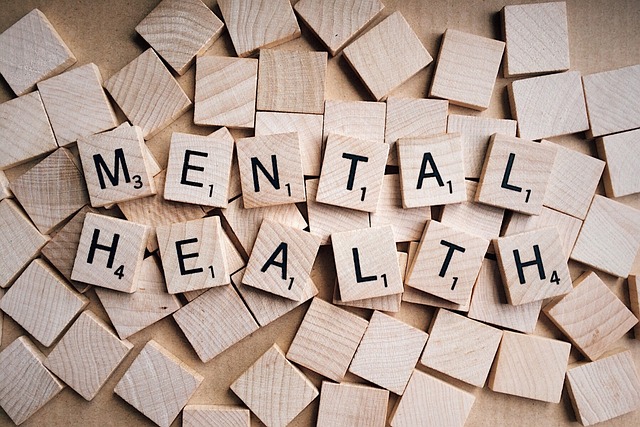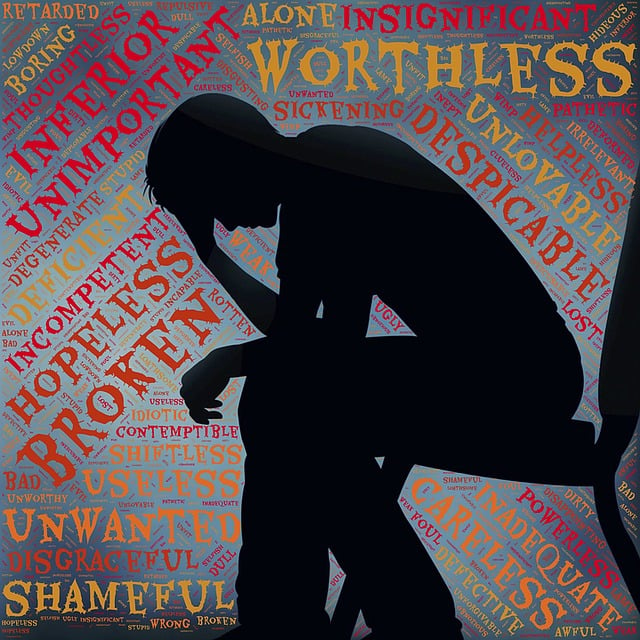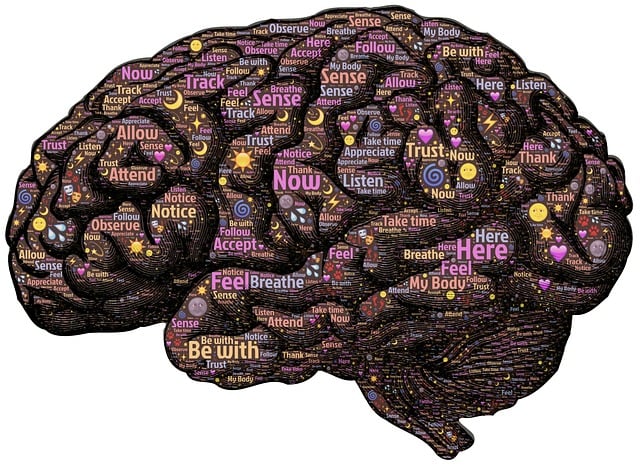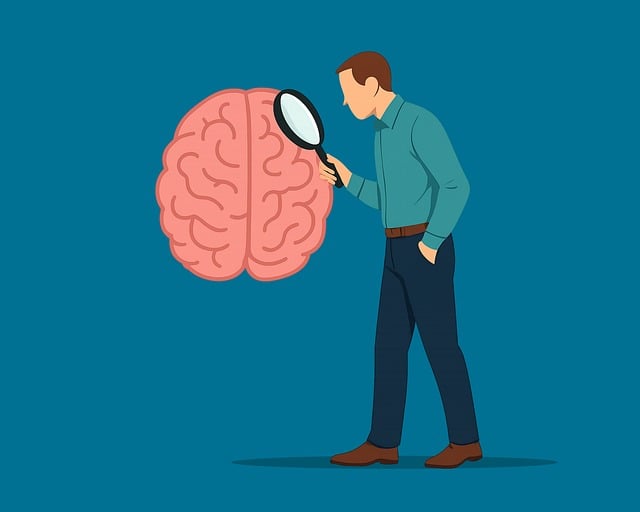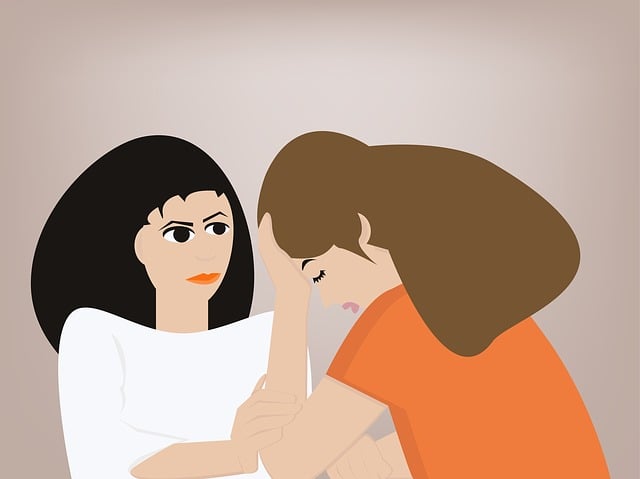Maintaining emotional balance is vital for older adults' well-being, with online therapy offering a safe, accessible way to address unique challenges like isolation or past traumas. This innovative approach connects seniors to qualified mental health professionals from home, providing flexible scheduling, self-awareness exercises, and evidence-based strategies for effective mood regulation. By fostering independence, resilience, and improved emotional control, online therapy empowers elders to enhance their mental wellness and navigate aging's challenges more effectively.
Mood regulation is a vital aspect of overall well-being, especially for aging populations. This comprehensive guide explores various strategies to support elders in managing their emotional health. From understanding the intricacies of mood regulation specific to older adults to leveraging online therapy as an accessible resource, we delve into effective practices. We also discuss creating nurturing home environments and introducing technology tools that can enhance emotional well-being. By implementing these strategies, elders can navigate and improve their mood disorders with increased ease.
- Understanding Mood Regulation for Elders
- Benefits of Online Therapy for Mood Disorders
- Effective Strategies for Managing Emotions
- Creating a Supportive Environment at Home
- Technology and Tools to Enhance Well-being
Understanding Mood Regulation for Elders

Maintaining emotional balance is a significant aspect of overall well-being, especially as we age. Understanding and regulating mood can be a complex process for elders, but it’s not impossible. Many older adults face unique challenges that impact their mental health, such as social isolation or past traumas, making effective mood regulation strategies even more crucial. Online therapy has emerged as an accessible solution, providing a safe and comfortable space for elders to explore these issues.
Trauma support services tailored for the elderly can help process and heal from past experiences, fostering better emotional resilience. Additionally, incorporating self-awareness exercises into daily routines can be transformative. Encouraging older individuals to reflect on their feelings, thoughts, and behaviors enables them to develop a deeper understanding of their emotional triggers. Consequently, this awareness paves the way for implementing effective self-care routine development for better mental health, ensuring elders feel empowered to navigate and regulate their moods independently.
Benefits of Online Therapy for Mood Disorders

Online therapy has emerged as a game-changer in mood disorder treatment, offering numerous benefits for elders seeking support. In today’s digital era, this form of therapy provides accessibility and convenience, allowing individuals to receive professional help from the comfort of their homes. For seniors who might face mobility challenges or live in remote areas, online therapy is an invaluable resource. It connects them with qualified mental health professionals, ensuring they can access the care they need without geographical barriers.
One of the significant advantages is its flexibility and privacy. Elders can participate in sessions at their preferred times, accommodating any physical or cognitive limitations. This accessibility also extends to trauma support services and crisis intervention guidance tailored for older adults’ unique needs. Online therapy facilitates open discussions about mood-related issues, often leading to improved self-awareness and the acquisition of effective conflict resolution techniques. It empowers individuals to take control of their mental well-being, fostering a sense of independence and resilience.
Effective Strategies for Managing Emotions

Managing emotions effectively is a crucial aspect of maintaining mental well-being, especially for elders navigating the challenges of aging. Online therapy has emerged as a valuable tool, providing accessible support for those who may face barriers to traditional in-person visits. Through virtual sessions, seniors can connect with therapists, learn evidence-based strategies for emotion regulation, and gain insights into their emotional patterns. This digital approach not only offers convenience but also encourages active participation in one’s mental health journey.
The process often involves exploring various techniques such as mindfulness practices, cognitive reframing, and stress management skills. For instance, mental health education programs designed specifically for older adults can teach empathy-building strategies to enhance interpersonal connections and foster a sense of belonging. Additionally, focusing on inner strength development helps individuals cultivate resilience, enabling them to navigate emotional turmoils with greater ease. Online platforms may also incorporate interactive tools and resources, ensuring that elders receive comprehensive care tailored to their unique needs.
Creating a Supportive Environment at Home

Creating a supportive environment at home can significantly impact an elder’s mental wellness and emotional regulation. Online therapy platforms offer accessible solutions for seniors seeking to enhance their quality of life, especially in today’s digital era where virtual care is becoming increasingly prevalent. These online therapy services provide a safe space for elders to explore and address their feelings, fostering better emotional control. With the help of professional therapists, individuals can learn effective stress reduction methods tailored to their needs.
Additionally, mental wellness coaching programs developed specifically for seniors focus on promoting emotional well-being and coping strategies. By creating a nurturing home environment and utilizing these modern support systems, elders can actively contribute to their own therapy, ultimately leading to improved overall health and a better sense of balance in their daily lives. This holistic approach combines the benefits of technology with personalized coaching to revolutionize stress management for seniors.
Technology and Tools to Enhance Well-being

In today’s digital era, technology offers a plethora of tools to enhance well-being, especially for elders seeking therapy. Online therapy platforms provide convenient access to mental health professionals, ensuring individuals can receive support from the comfort of their homes. This approach is particularly beneficial for those with limited mobility or living in remote areas, bridging the gap between care and community. Many apps and software are designed to cater to various aspects of mental wellness, offering features such as meditation guides, mood trackers, and even virtual reality therapy sessions. These digital interventions can significantly aid in stress management and conflict resolution techniques, making them valuable resources for improving overall mental health.
Additionally, the Mental Wellness Podcast Series Production has gained popularity, offering a diverse range of topics related to emotional well-being. From discussions on coping mechanisms to insights into specific mental health conditions, these podcasts provide an accessible way to learn and connect with others who may be facing similar challenges. By leveraging technology in this manner, elders have access to comprehensive resources that promote not only therapy but also a holistic understanding of mental wellness, empowering them to take control of their emotional well-being.
Mood regulation is a vital aspect of well-being, especially for older adults. By understanding the unique challenges they face, we can implement effective strategies such as online therapy and creating supportive home environments. Technology plays a significant role in enhancing mental health through accessible tools and resources tailored to their needs. In summary, combining traditional methods with modern solutions like online therapy offers a comprehensive approach to improving mood regulation for elders, fostering a better quality of life.




